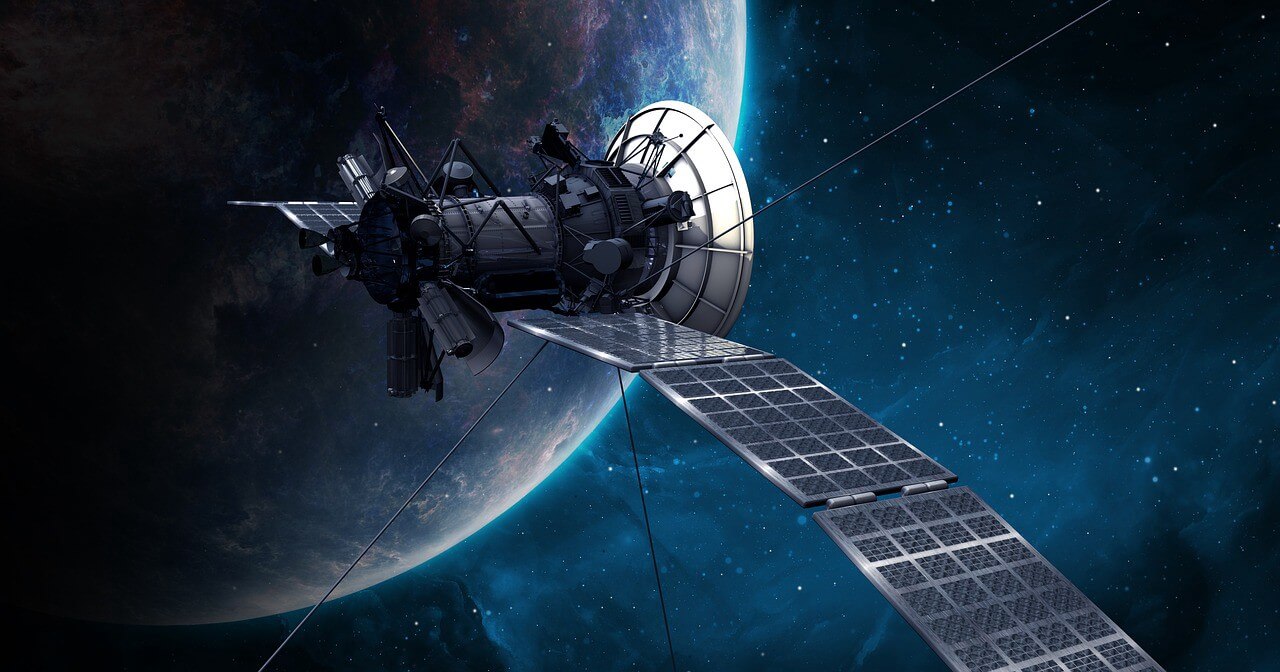Key Takeaways:
- Amazon has announced a deal with three suppliers, United Launch Alliance, Arianespace and its own company, Blue Origin, for up to 83 rocket launches of its Kuiper Systems internet satellites, ignoring Elon Musk’s SpaceX, the company that has truly revolutionized the aerospace industry by using economies of scale to bring down its costs.
- When it comes to projects of this kind, experience is a differential that is not easily attained.
- Amazon will have a very hard time in attracting and retaining talent and has no experience in matching those kinds of economies of scale.
- But if there’s one thing looking down from a satellite gives, it’s just that.
- And using that perspective allows us to quickly understand who’s who, who has done what, and who has so far done very little.
Amazon has announced a deal with three suppliers, United Launch Alliance, Arianespace and its own company, Blue Origin, for up to 83 rocket launches of its Kuiper Systems internet satellites, ignoring Elon Musk’s SpaceX, the company that has truly revolutionized the aerospace industry by using economies of scale to bring down its costs.
By marking the cutting-edge company in his sector as his enemy by hiring competitors and a subsidiary of his own company Jeff Bezos has just written a recipe for disaster.
Let’s start with United Launch Alliance, which will carry out 38 launches using its as-yet unproven and often postponed Vulcan rocket: this is the company created by Lockheed Martin and Boeing, but which were overlooked recently by the world’s largest contractor, NASA, in favor of Space X.
Arianespace, which will be responsible for 18 launches, is the old European public conglomerate Arianespace with a rocket, Ariane 6, whose launch has also been repeatedly postponed.
The third company, which will carry out 12 launches , with an option for another 15, is Amazon’s very own Blue Origin, with just four launches carrying some very wealthy tourists, and which will do so with a rocket, the New Glenn, whose inaugural flight has too been delayed until at least next year.
See the pattern? In short, comparison with SpaceX’s achievements is embarrassing, which prompts the question as to why a company with a lot of money has decided to waste it instead of opting for the logical option. Amazon intends to launch 3,236 satellites as part of its Project Kuiper, but will not be able to until its three suppliers get their act together. Meanwhile, Musk’s Starlink has already launched 1,385 of the nearly 12,000 that it intends to put into orbit. Project Kuiper is still on the drawing board, while Starlink has already acquired vast experience, with more than a quarter of a million installations worldwide, a website where customers can order its antennas, and is playing a big role in helping Ukraine defend itself against Russia.
When it comes to projects of this kind, experience is a differential that is not easily attained. What makes Starlink special is that it was able to gain that experience by using the idle capacity of the numerous launches of its parent company, SpaceX, with the cost of the launches covered by its customers, who were still paying a fraction of the cost they were used to. Amazon will have a very hard time in attracting and retaining talent and has no experience in matching those kinds of economies of scale.
When Jeff Bezos announces the biggest space project in history, he is flat wrong: the biggest space project in history belongs to SpaceX, and it has already had a major impact on the industry, as opposed to taking up a few billionaires for a spin in space. While others were still in the discussion phase, SpaceX was defining the trends, reusable rockets, propulsion and fuel systems or guidance technologies, that the rest of the industry is still struggling to rival.
Rather than taking NASA to court for choosing Space X, Jeff Bezos should be doing all he can to match the $500 million SpaceX saves NASA on a single launch.
With these kinds of issues, it’s easy to lose perspective. But if there’s one thing looking down from a satellite gives, it’s just that. And using that perspective allows us to quickly understand who’s who, who has done what, and who has so far done very little.





























